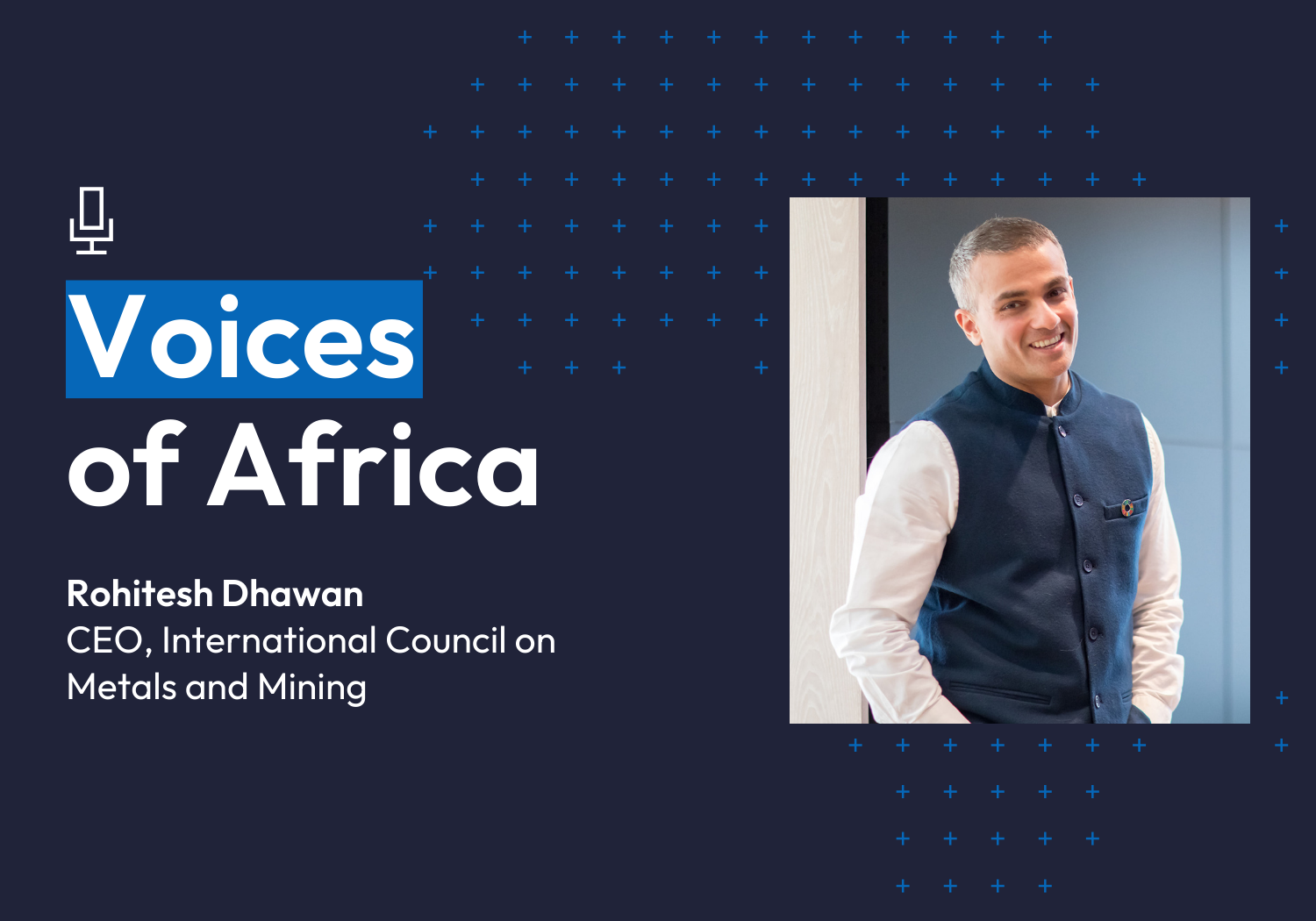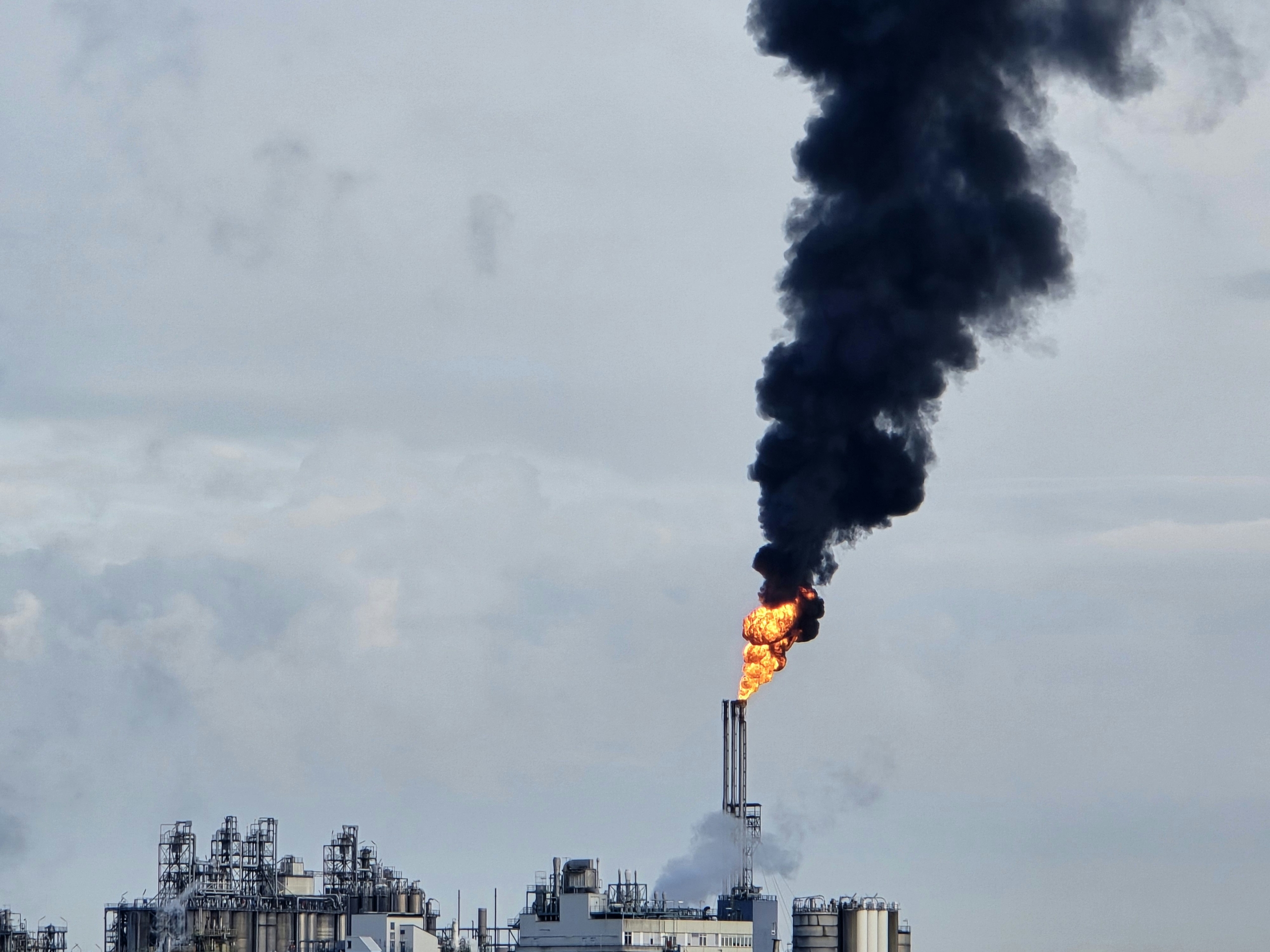We are excited to announce that Brink is now part of Africa Practice. Learn more
Reforming the World Bank: An opportunity for climate action
Our planet finds itself at a critical juncture, as highlighted in the Intergovernmental Panel on Climate Change’s (IPCC) latest report published last week. Despite some progress in policies and legislation vis-à-vis mitigation, the report finds it “likely that warming will exceed 1.5°C during the 21st century” and that limiting warming to well below 2°C by 2030, in line with the Paris Agreement, will be challenging.
On the adaptation front, the IPCC finds most countries will need to scale up measures that address near-term risks. Developing countries – typically the most vulnerable yet least responsible for climate change – are particularly impacted by a large and growing adaptation finance gap, estimated by the United Nations Environment Programme (UNEP) to be five to ten times greater than current flows.
Under pressure from key Western shareholders to reform its mandate – alongside an imminent change in leadership – the World Bank Group is also at an inflection point in its 78-year history. As part of a strategic and fundamental overhaul of its operations, the lender is set to play a greater role in climate and other global public goods. In October 2022, German Development Minister Svenja Schulze said the bank’s “current model, which is mainly based on demand from borrowing countries, is no longer appropriate in this time of global crises.”
A new set of priorities
There are already some tentative signs of progress. From July 2023, all World Bank activities and projects must be in line with the Paris Agreement. Meanwhile, the group’s outgoing president last week announced reforms will allow the institution to lend an additional USD 40 billion over the next decade. This is a positive step, yet one that falls well short of the lender’s potential, according to a landmark evaluation of multilateral development banks’ capital adequacy frameworks commissioned by the G20 in 2022.
As the IMF and World Bank convene for their annual Spring Meetings in Washington D.C., the coming weeks will be crucial to reaching agreements on additional reforms, including capital increases. The lender’s pivot towards climate could lead to a much-needed scaling of climate finance for developing countries, but this must not come at the expense of anti-poverty priorities. Tellingly, across 43 World Bank client countries surveyed by the institution in 2020 and 2021, on average only 6% of respondents from government, aid agencies, and the private and non-government sectors listed climate as their country’s top priority. Overall, education and employment were the top priorities.
The World Bank’s key challenge as it modernises its way of doing business is to create and scale synergies between its new and historical missions as part of a “big push” of investment towards climate and development goals. Failure to strike the right balance between these different yet overlapping mandates risks widening the gulf between developed and developing countries. Similarly, finding the adequate equilibrium between mitigation and adaptation investments will be key to success.
Scaling up to fulfil a new mandate
The lender’s new mandate will also need to be underpinned by a commensurate increase in capital and lending capacity if it is to reach its new objectives. “Climate finance fatigue” driven by recurring unmet promises on the part of developed countries is an increasingly thorny issue. As put by a group of a dozen prominent researchers in a recent policy brief, “The World Bank’s evolution cannot be an unfunded mandate for climate change. It needs a capital increase to mobilise USD 1 trillion in capital to support the achievement of the SDGs and Paris commitments.”
The lender’s expected next president, US nominee Ajay Banga and former head of Mastercard, has his work cut out for him. His lack of experience in the global development ecosystem is counterbalanced by his track record of leading and transforming global organisations, which will be crucial for steering the World Bank in a new direction. If appointed, he will need to forge consensus between its members and address potential concerns or divergences vis-à-vis its trajectory – all against the backdrop of geostrategic rivalry between the US and China, as well as the latter’s demands for reform.
If successfully executed, the World Bank’s evolution will by no means be a panacea for addressing climate change in emerging and developing economies. Broader reform of the global climate finance architecture – described as “obsolete” by the Green Climate Fund’s outgoing executive director earlier this month – is also needed to restore trust and accelerate disbursements. Much work also needs to be done in terms of climate finance quality and flexibility – as well as on the evaluation front – to improve the effectiveness of interventions.
About the author
Elliott O’Carroll is a senior consultant at Africa Practice. The above represents his views and not necessarily those of Africa Practice. Elliott can be contacted at [email protected].
Proud to be BCorp. We are part of the global movement for an inclusive, equitable, and regenerative economic system. Learn more


